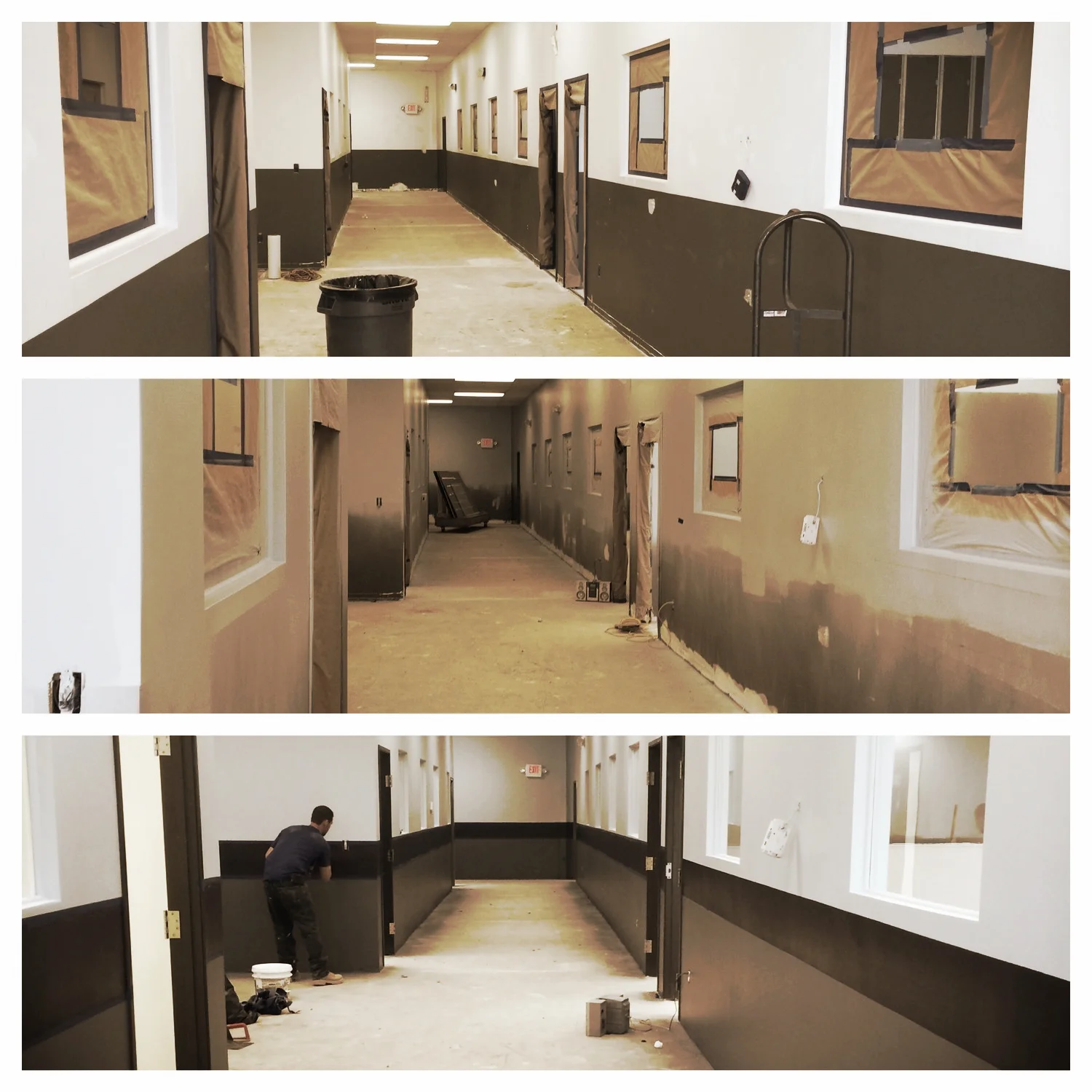At Blue Water Pet Care, we know how important early socialization is for a dog's development. Not only does it help build their confidence, but it also makes integrating into daycare much smoother. Here's why starting the socialization process early is key and some important tips to keep in mind.
Why Early Socialization Matters
1. Easier Integration into Daycare: Early socialization helps dogs get used to new environments, making it easier for them to adapt to our daycare setting. Dogs that have been socialized from a young age are more likely to feel comfortable, relaxed, and ready to engage with other dogs and our staff.
2. Builds Confidence: A well-socialized dog is a confident dog. Exposing your dog to various people, places, sounds, and other animals teaches them that new experiences aren’t something to fear. This confidence translates into a happier, more well-adjusted pet.
3. Better Temperament Testing: We conduct temperament tests to ensure that every dog can enjoy their time at Blue Water Pet Care safely. Unfortunately, many dogs that should pass these tests don't, not because they are aggressive, but because they are either too scared or unsure of how to socialize. Early socialization helps dogs understand how to interact appropriately with others, increasing their chances of passing these tests and enjoying the benefits of daycare.
Tips for Effective Socialization
1. Start Early: Begin socializing your puppy as soon as it's safe to do so. Early exposure to different environments, people, and other animals is key to developing a well-rounded dog.
2. Gradual Exposure: Introduce your dog to new experiences gradually. Start with quieter environments before moving on to more stimulating ones. This helps prevent overwhelming your dog and allows them to build confidence at their own pace.
3. Positive Reinforcement: Always use positive reinforcement when socializing your dog. Reward them with treats, praise, and affection for calm and positive interactions. This creates a positive association with new experiences.
4. Consistent Routine: Consistency is crucial. Regular, positive social interactions will reinforce good behavior and help your dog become more comfortable over time.
5. Understand Socialization: Dog socialization isn't just about dog-to-dog interaction. It also means frequent exposure to new environments. Try to take your dog anywhere you go, if possible. Sometimes this means adjusting your normal routines to include your dog.
6. Avoid Reinforcing Fear: When socializing, if your dog is scared or unconfident, don’t praise their behavior by telling them "it's okay" in a high voice. This can reinforce their fear. Instead, stay calm and confident, guiding them gently through the experience.
7. Let Small Dogs Experience Their World: Avoid picking up small dogs during socialization. Let them experience the world at their own level to build confidence.
8. Professional Help: If you're unsure about how to properly socialize your dog, consider seeking help from a professional trainer. They can provide guidance and structured socialization sessions to ensure your dog is getting the best start.
Conclusion
Early socialization is essential for your dog's development and well-being. It helps them integrate smoothly into daycare, builds their confidence, and increases their chances of passing temperament tests. At Blue Water Pet Care, we're dedicated to providing a safe and nurturing environment for your dog. By starting the socialization process early, you're setting your dog up for a lifetime of positive interactions and happy experiences.
Bring your dog to Blue Water Pet Care, and let us help them become the best version of themselves!
Feel free to share this blog with fellow dog owners to spread the importance of early socialization. Together, we can ensure every dog enjoys a happy and confident life.








